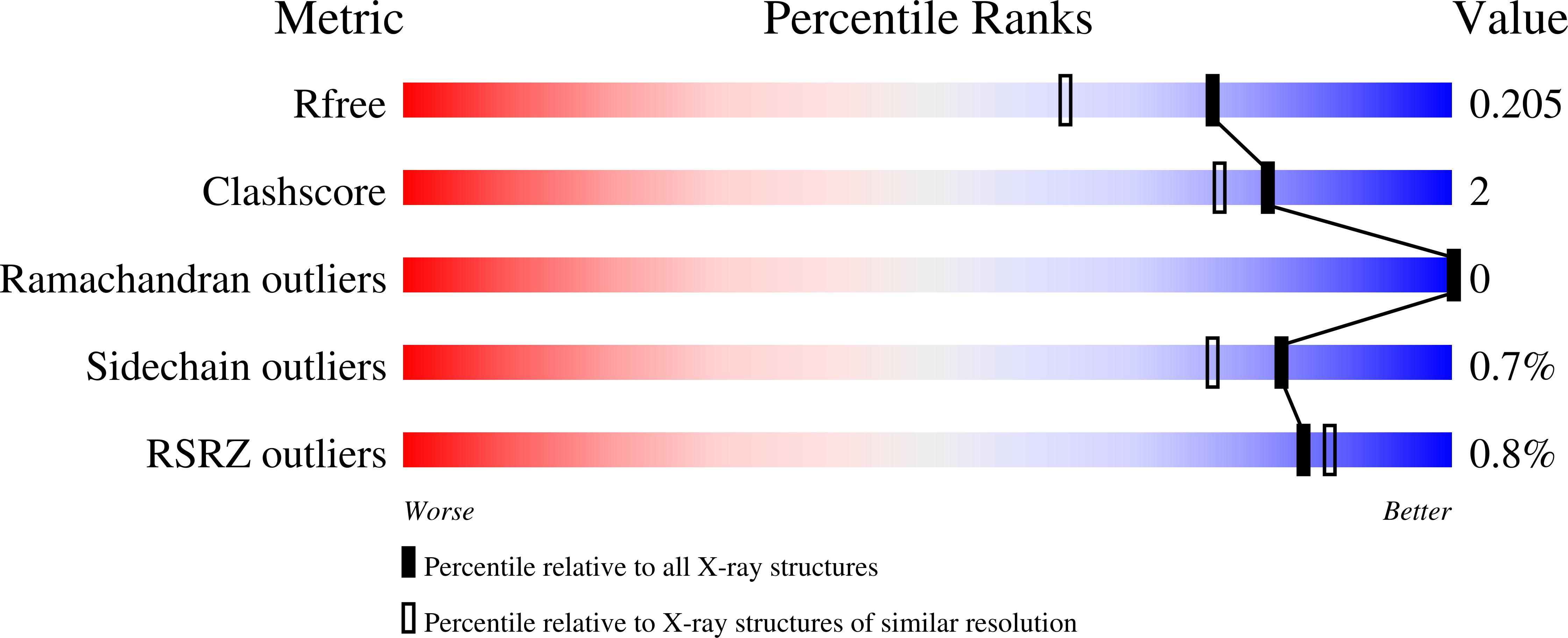
Deposition Date
2022-11-22
Release Date
2023-04-19
Last Version Date
2024-11-06
Entry Detail
PDB ID:
8BRB
Keywords:
Title:
Polyester Hydrolase Leipzig 7 (PHL7) bound to terephthalic acid (TPA)
Biological Source:
Source Organism(s):
unidentified (Taxon ID: 32644)
Expression System(s):
Method Details:
Experimental Method:
Resolution:
1.70 Å
R-Value Free:
0.20
R-Value Work:
0.16
R-Value Observed:
0.16
Space Group:
P 1 21 1


